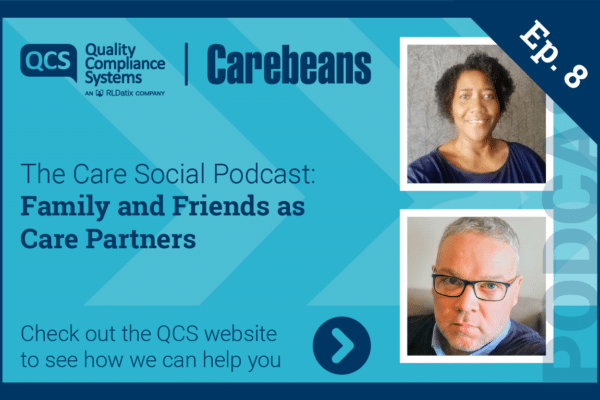This week’s blog looks at the recent headlines such as Diet drinks TRIPLE your risk of stroke and dementia – and are FAR more dangerous than drinks sweetened with sugar essentially claiming that artificially sweetened drinks are associated with increased risk of dementia.
We know that for some time the general population has been advised to limit the intake of sugars containing food and drinks as they can be detrimental to dental health, and the additional calories provided when we overconsume sugars can contribute to weight gain. Sugar-sweetened beverages are an important contributor to added sugars intake in the UK, and the government has introduced plans for a soft drinks levy as part of their childhood obesity plan. There is a general understanding that for some people the easiest way to reduce consumption of sugar-sweetened beverages is to swap them for diet, sugar-free, or no-added-sugar drinks.
So perhaps it is now confusing that recent headlines suggest artificially sweetened drinks are linked with risk of dementia.
Are headlines claiming artificially sweetened drinks are linked to dementia accurate?
The media has picked up new research published in the journal Stroke in which the authors suggests drinking at least one artificially sweetened beverage daily can be associated with almost three times the risk of developing stroke and dementia compared to drinking them less than once a week.
This blog concentrates on the dementia part of the study. The researchers analysed 1,484 people over the age of 60 (average age 69 years; 46% men) with no prevalent dementia or mild cognitive impairment at baseline. They quantified intake of drinks from food frequency questionnaires that included questions on sugar-sweetened and artificially-sweetened drinks among many other food and drink items. The authors then looked at the association of beverage consumption to the 10-year risk of dementia.
Important limitations of the research
Readers may well be aware that in this type of observational study there needs to be a statistical adjustment for confounding factors, so we can be more certain that any association reported is the result of the beverages consumed rather than any other factor or factors. In this study, three models of adjustment were used, Model 3 importantly adjusted for factors that may be associated with an increased risk of stroke or dementia, including blood pressure, cardiovascular disease, cholesterol, diabetes and positivity for the APOE ε4 allele (representing a higher genetic risk for Alzheimer’s disease). Model 2 was a less stringent model that made some important adjustments but did not, for example, consider diabetes and vascular risk factors or genetic factors and Model 1 was very basic.
The widely reported figure of a tripled risk increase with artificially-sweetened drinks was only in the model that was not fully adjusted, Model 2. In the fully adjusted model, there were no significant links for risk of dementia from total sugary drinks, sugar-sweetened drinks or artificially-sweetened drinks. So essentially, the association with dementia disappeared after adjusting for diabetes and vascular risk factors. In other words, it may be that individuals who drank a lot of artificially sweetened beverages already had diabetes and cardiovascular risk factors, and which may explain their risk of dementia, rather than the drinks themselves. This is a phenomenon called reverse causality where people, for example, with diabetes had switched to artificially sweetened drinks in preference to sugary ones, so intake of those drinks is the result of ill health rather than the cause.
There are other limitations of this study including;
- No explanation as to why artificially sweetened drinks, but not sugar-sweetened beverages, may increase risk
- If there is any link it may not have been caused by artificially sweetened drinks. For example, people with diabetes or obesity may be more likely to consume artificially sweetened drinks and are also more likely to develop some forms of dementia
- This is a fairly small study with only 81 diagnoses of dementia. Analyses with smaller numbers can be less accurate, and larger more robust studies are needed in order to investigate any links more conclusively.
This research, whilst interesting, certainly does not show that artificially sweetened drinks cause dementia.






